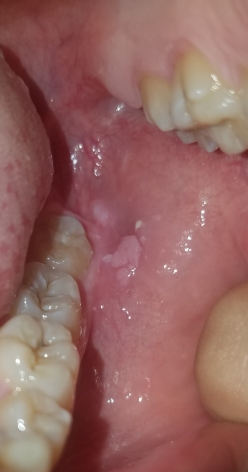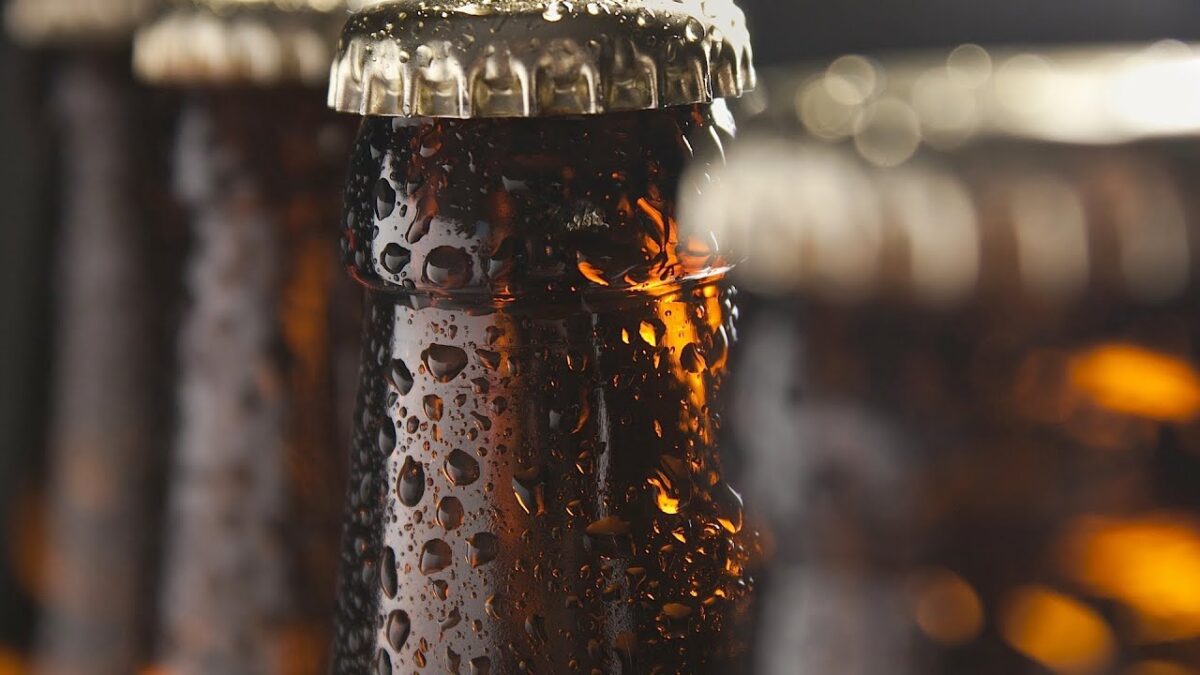Beer may stay up till six months. If you store a chilled beer unrefrigerated then it may last only for couple of hours. But if you intend to store it for longer, then it should be kept in the freezer. If the beer is stored properly, as in, under cold temperature and away from sunlight then it can stay good for longer. Though it is said that if a bottle-conditioned beer is stored properly it stays good for up to 5 years, but the truth is, its taste starts changing after few months itself. Only if you opt for beer with high-content alcohol then it may stay good for up to 5 -10 years.
Best Austin Bartenders
Austin Bartending Company is a team of TABC certified beverage and food professionals who will service your party or events. Each party is unique and therefore we custom fit each party. See our full extended list of bartending services we provide. Our passion for craft cocktails has grown with the Austin’s interest in discovering creative libations.
Austin's #1 Professional Mobile Bar Service
 We provide the ultimate professional mobile bar service in Austin. We take care of all the details of your events making party planning easier. Looking for a professional bartender to serve you and your guests at your next event or party? All of our Austin bartenders are Texas Alcohol Beverage Control (TABC) certified – meaning they have been tested and certified by the State of Texas. Mobile Bartending is focused on providing high-quality service and customer satisfaction - we will do everything we can to meet your expectations. All of our Austin TX bartenders are covered by our $3 million Liquor Liability Insurance – very important as Texas has a “Host Liability” law on the books!
We provide the ultimate professional mobile bar service in Austin. We take care of all the details of your events making party planning easier. Looking for a professional bartender to serve you and your guests at your next event or party? All of our Austin bartenders are Texas Alcohol Beverage Control (TABC) certified – meaning they have been tested and certified by the State of Texas. Mobile Bartending is focused on providing high-quality service and customer satisfaction - we will do everything we can to meet your expectations. All of our Austin TX bartenders are covered by our $3 million Liquor Liability Insurance – very important as Texas has a “Host Liability” law on the books!
Latest from the Blog
How long does red wine keep?
According to researchers, red wine is very beneficial for the heart if taken in moderate amounts. However, a foul red wine can do you more harm than good. Red wine, if unopened, can last for as long as 150 years. However, a 50 year old red wine is considered to be the best. Once opened, it is necessary to keep the bottle red wine in the fridge to prevent it from going bad. If the cork is put back on after every time it is opened, refrigerated red wine can last up to a month.
Red wine is a rare alcoholic drink which is good for the heart when had in moderation. As in the case of all wines, the older the red wine is the better. However, once opened, red wine does not have a very long shelf life. Ideally, red wine lasts for only two to three days.
Alcohol’s Effects On Your Oral Health
MOST PEOPLE UNDERSTAND HOW ALCOHOL affects their bodies, but we rarely talk about the effects of alcohol and tobacco on our oral health. With all the parties and gatherings with friends and family during the holidays, it’s a good time to learn more about it.
Consider What You’re Drinking From Your Mouth’s Point Of View
- Acidity – Most alcoholic drinks are very acidic. This is especially true for drinks that are mixed using sodas and fruit juices. All of this acid can really eat away at your teeth.
- Staining – Red wine, especially, can stain your teeth. And remember that bonds and newly-whitened teeth are very vulnerable to staining.
- Extra Sugar – The bitterness in many alcoholic drinks is counteracted with extra sugar, which you may not even notice.
- Sipping Dangers – After an acidic, sugary drink your mouth works hard to re-establish its pH balance. If you’re sipping drinks over a long period of time, your mouth struggles even more to keep a good balance. It’s like a war zone all evening long.
Some Helpful Suggestions
Being more aware of these issues will help you be smart. Here are some ideas:
- After alcoholic drinks, and throughout the evening, rinse your mouth with water. Drinking more water will also help you avoid dehydration.
- Sugarless gum can stimulate saliva flow which helps rinse your teeth.
- Brush and floss before bed regardless of how tired you feel.
- Use your good sense and moderation for your safety and health.
Clues To Your Overall Health Can Be Discovered In Your Mouth
 DID YOU REALIZE THAT AN ESTIMATED 90% of systemic diseases can have an oral manifestation? Your mouth is loaded with helpful information about your body’s overall health.
DID YOU REALIZE THAT AN ESTIMATED 90% of systemic diseases can have an oral manifestation? Your mouth is loaded with helpful information about your body’s overall health.
Fortunately, most of your mouth’s “stories” are related to minor issues. However, some can actually be signs of more serious problems.
Your Teeth
If you have worn-down teeth it can mean that you’ve been grinding your teeth—probably in your sleep. Grinding can be a symptom of TMD (temporomandibular disorder) which may also lead to chronic headaches.
If we notice that your tooth enamel is thin, it could be a sign of a condition such as acid reflux or bulimia because both regularly bathe teeth in stomach acid.
Your Gums
Occasionally, we all may have swollen, sensitive gums. But if it persists, even when you’re taking really good care of your mouth, it could be an early sign of something serious like diabetes or leukemia. Sometimes it may simply be a sign of vitamin C deficiency. But, it’s good to consider all the possibilities.
In addition, modern research and many health experts continue to draw lines between gum disease and other whole-body health issues including lung disease, cardiovascular problems, and even early-term labor.
Your Tongue
There are a few odd tongue conditions like hairy black tongue (which is pretty much what it sounds like) and geographic tongue (random-shaped, smooth red patches) that have various causes but are not considered serious—although they can cause discomfort. However, what IS serious are early signs of oral cancer which often show up on the side of your tongue first, in small red or white spots. If you have a sore on your tongue, cheek, or elsewhere in your mouth that doesn’t go away in a reasonable amount of time, have us check it out right away.
Nutritional Imbalances
Nutritional deficiencies are often reflected in your mouth where the soft tissues are renewed quickly. An Academy of General Dentistry study shows that oral tissue sensitivity can be a sign of deficiencies in iron, zinc, and folic acid which can show up as gum disease.
Here’s One More Important Thought
Most people don’t know that regular drinking can spike your oral cancer risk. According to an American Cancer Society study a person who consumes alcohol is six times more likely to get oral cancer than someone who doesn’t consume alcohol, and 75-80% of patients with oral cancer are frequent alcohol users.
Oral cancer is a serious killer—so use your good judgment. And, make sure that you have regular oral cancer screenings.
Questions Or Comments?
Do you have any questions about alcohol’s impact on your oral health? Do you have any tips of your own about how to keep your teeth healthy during that holiday night out? Comment below or on our Facebook page! And if you ever have questions, please ask us.
Don’t Fret About Ringing in the New Year with a Hangover
Hangovers are not limited to New Year’s but it is not unusual to party hard on New Year’s Eve and wake up starting the new year in an aching state. Hangover symptoms usually occur the next day, although some people get headaches and feel queasy after just a few drinks. Continue reading “Don’t Fret About Ringing in the New Year with a Hangover”
Tips for Hiring an Austin Caterer
We all remember Austin parties that were lavishly thrown, including decorations and entertainment, but the food wasn’t up to par. Those events left guests with a bad taste in their mouths, literally (har har). Continue reading “Tips for Hiring an Austin Caterer”
The ABC’s of hiring a DJ in Austin
You’ve probably been to a party with a phenomenal Austin disc jockey, one who knew how to get the party started. Or maybe you remember your cousin’s wedding when the DJ played the perfect first dance song. Or that family reunion where spent the night singing and dancing the night away. Continue reading “The ABC’s of hiring a DJ in Austin”





